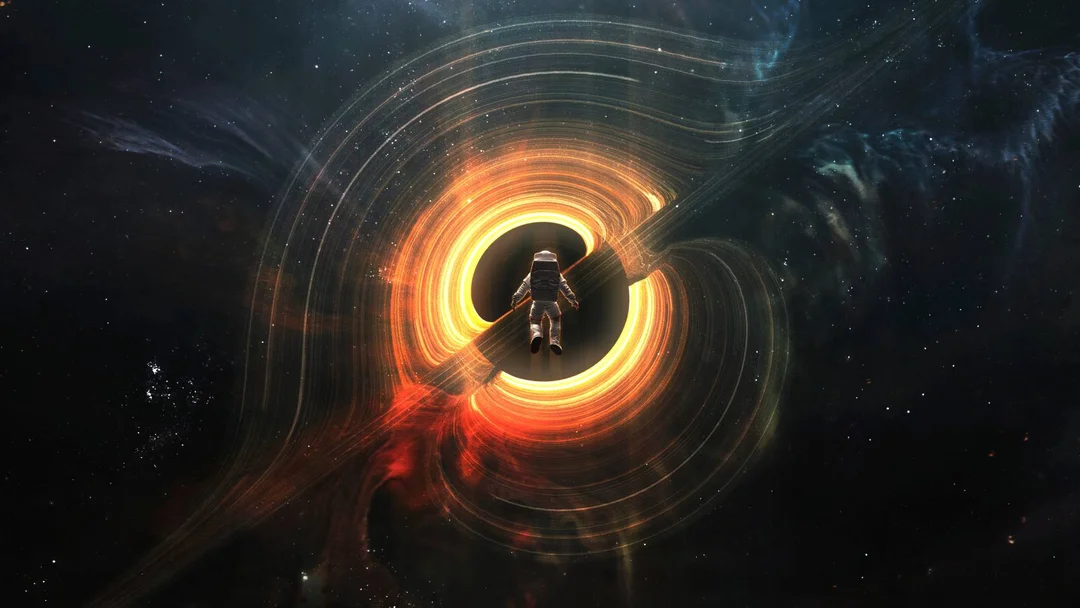
Is Our Universe a Gigantic Computer Simulation? A Physicist’s Intriguing Theory on Gravity
The nature of gravity, a fundamental force that governs our universe, has been a subject of intense scientific scrutiny for centuries. Now, a physicist from the University of Portsmouth, Melvin Vopson, proposes a radical new theory: could gravity be a consequence of the universe performing computations, suggesting we might be living in a giant computer simulation? This thought-provoking idea challenges our conventional understanding of reality and opens up exciting avenues for future research.
Vopson's research, published in the journal AIP Advances, suggests that gravity is not a mysterious force, but rather an emergent phenomenon resulting from the universe's attempt to optimize information storage and processing. This concept builds upon his earlier work, including the second law of infodynamics, which posits that information entropy (disorder) tends to decrease or remain constant within a closed system, unlike the second law of thermodynamics, which states that physical entropy always increases.

"My findings in this study fit with the thought that the Universe might work like a giant computer, or our reality is a simulated construct," Vopson explains. He draws a compelling analogy to digital technologies, where efficiency is paramount. Computers constantly compact and restructure data to save memory and processing power. Could the universe be doing something similar?
To illustrate this concept, consider a chaotic classroom before the teacher arrives. Describing this disorderly scene requires a wealth of information. However, once the teacher establishes order, the system becomes more streamlined, requiring less information to describe. Vopson argues that gravity works similarly, compacting information as matter coalesces into planets, stars, and galaxies.
Einstein's theory of General Relativity describes gravity as the curvature of spacetime caused by mass and energy. In contrast, Vopson suggests that spacetime curvature could be a consequence of the universe's attempt to minimize information disorder. Imagine the universe as a grid made of pixels, each pixel representing a bit of information. Gravity, in this view, arises from the universe's tendency to seek states of minimal information entropy, effectively "compressing" data like a cosmic zipping app.

Vopson’s theory also integrates concepts like Landauer's principle (information has energy) and the holographic principle (reality is encoded data), suggesting that mass distorts spacetime by altering its information content. This is similar to how a large file warps a computer's memory.
While Vopson's ideas are still speculative and require further validation through experimental testing and expansion into a 3D model that incorporates general relativity, they offer a fascinating new perspective on the nature of gravity. He encourages further research into the idea that the universe might be a computational construct, hinting at possible experiments that may support his computational universe hypothesis.
The question remains: Is our universe a simulation? Whether it is or not, Vopson's work underscores the fundamental role of information in shaping the physical reality we perceive. What are your thoughts on this intriguing theory? Share your perspective in the comments below!